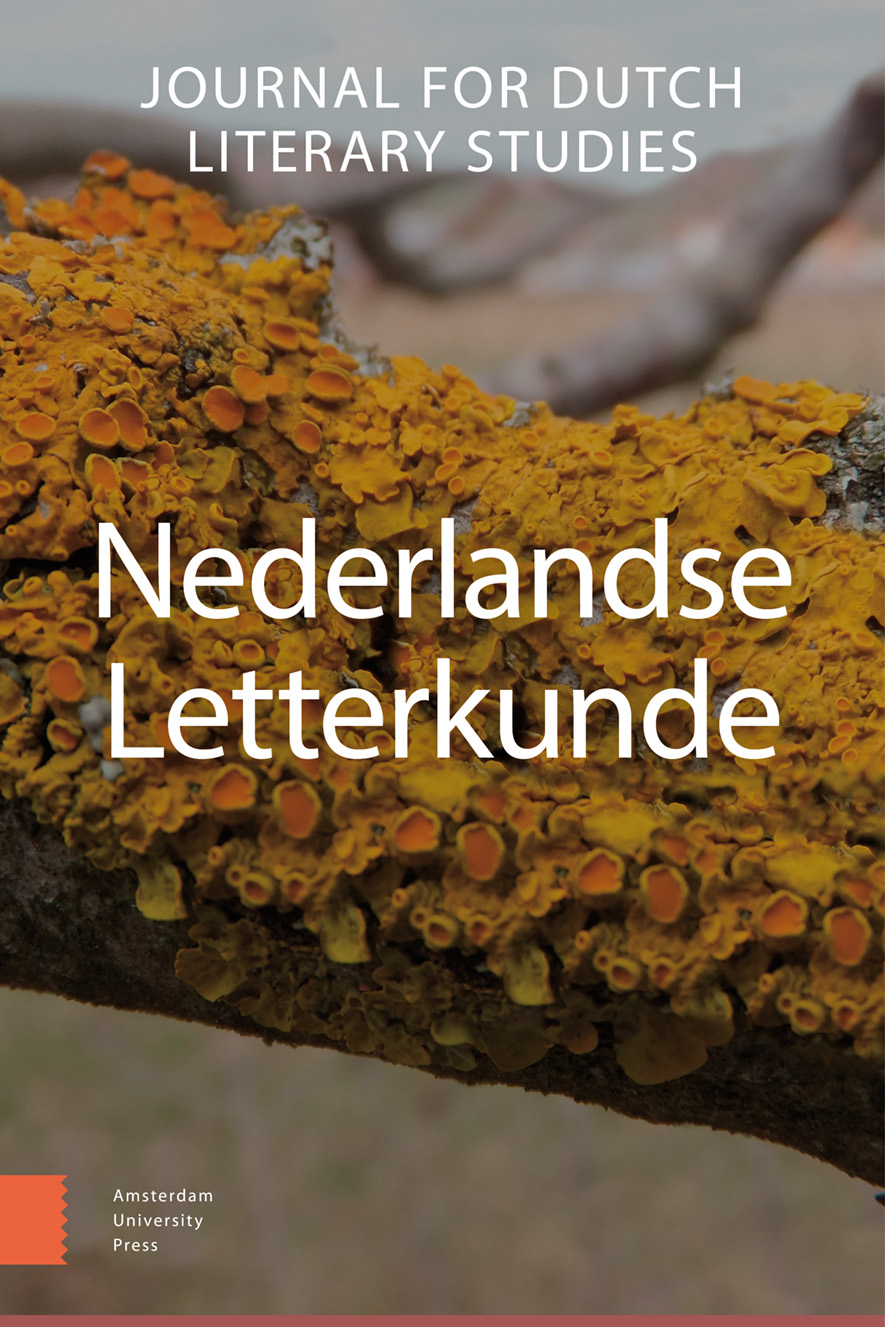-
oa ‘Wij doen immers niet aan ras’
Interculturaliteit, postkolonialisme en ras in de Nederlandse letterkunde
- Amsterdam University Press
- Source: Nederlandse Letterkunde, Volume 26, Issue 2-3, Dec 2021, p. 223 - 239
Abstract
This contribution takes the striking near-absence of intercultural and post-/ colonial issues from the first twenty-five editions of the journal Nederlandse letterkunde as the starting-point for a reflection on the monocultural focus and dazzling whiteness of the study of Dutch literature more in general. It starts with an overview of the origination of the debate about diversity within Dutch literature in the 1990’s, after which it continues to excavate three specific aspects of this debate and the racial mechanisms that play a role in this. First of all, it discusses the compartimentalisation of both Neerlandophone migration and postcolonial literature itself, and the study of this literature. Second, it examines the exoticization of ‘foreign-Dutch’ writers vis-à-vis their invisibility. And third, it analyzes several expressions of Dutch innocence and white victimhood. The contribution concludes with a plea to exchange the Dutch ideology of color-blindness, that works to cover up white privileges, for a form of critical race studies that addresses the multi-layered-ness of Dutch diversity, including that of whiteness.


